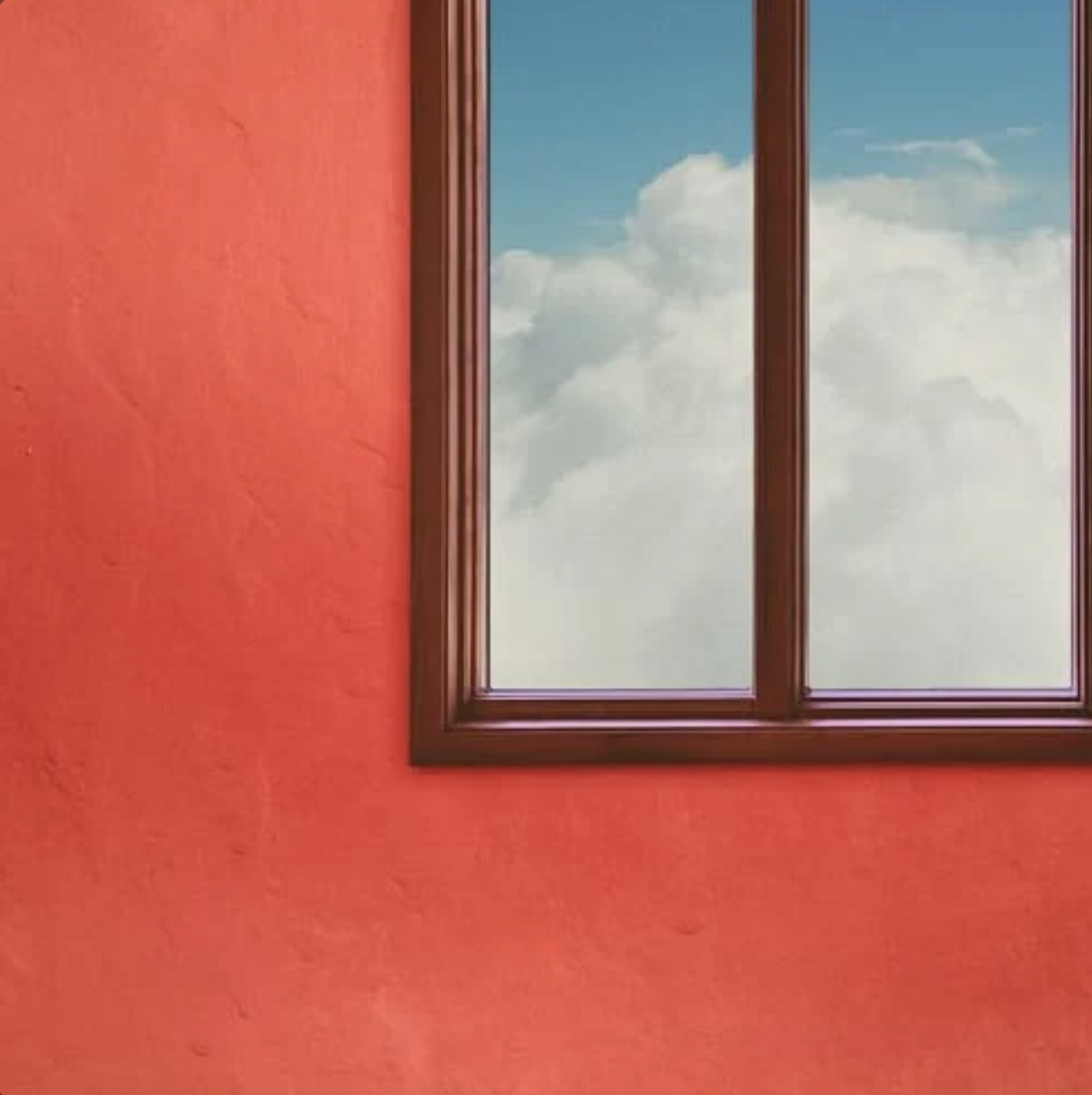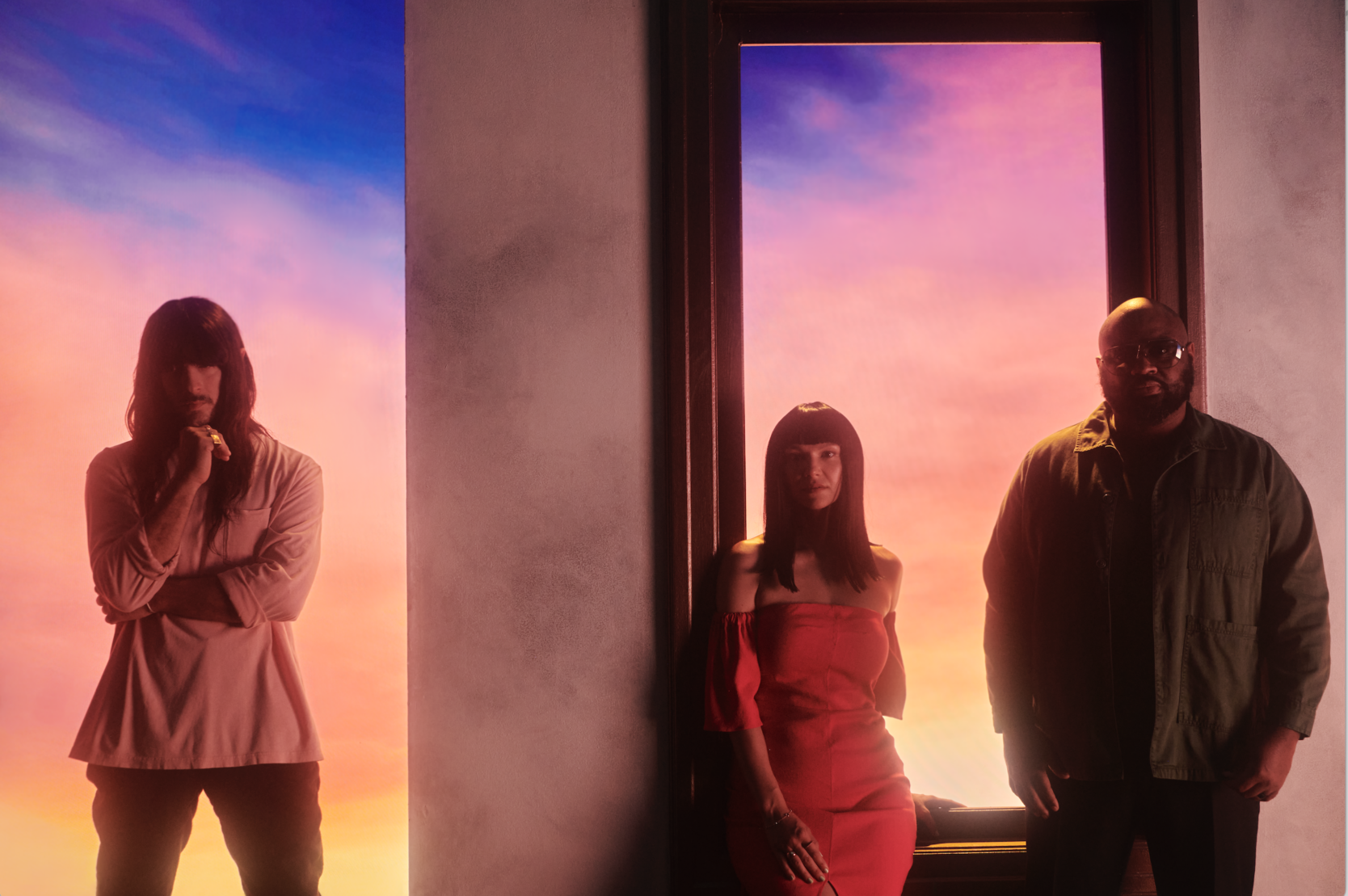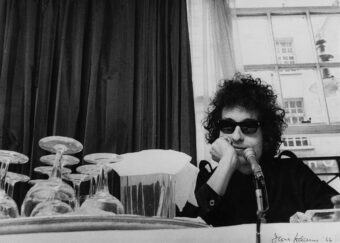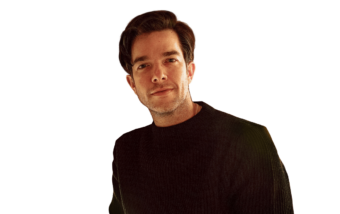On paper, Khruangbin shouldn’t be as successful as they are. The Texas trio named itself a difficult to pronounce Thai word. Its two front-facing members, Laura Lee “Leezy” Ochoa and Mark “Marko” Speer wear long black wigs when they’re in Khruangbin mode. The primarily instrumental music absorbs its disparate influences from around the globe. Yet Khruangbin’s combination of psychedelic rock, soul, and funk is heard everywhere.
After releasing five live albums in 2023 featuring special guests such as Toro y Moi, the Suffers, and Nubya Garcia, Khruangbin returns with their fourth studio album, A LA SALA. For the recording, the band hunkered down with their longtime engineer Steve Christensen’s studio in their hometown of Houston, Texas.

Also Read
Khruangbin: The Real Reverb Deal
The trio’s stalwart drummer, Donald “D.J.” Johnson, is the only member of Khruangbin who still lives in Houston, which was both a blessing and a curse during the recording of A LA SALA. “There’s a certain level of focus you have when you’re not at home and you’re working versus you are at home and working,” says Johnson. “I see a lot of professional athletes talking about how a home game is an advantage because you know you get to sleep in your own bed. But there’s a different level of focus when you’re not at home because you don’t have the distractions of home to deal with.”
Distracted or not, the much-anticipated A LA SALA is yet another level up for Khruangbin. Dreamy and funky in turns, the trio’s cosmic jam session has the familiarity of classic Khruangbin with an added dash of sass. When Johnson speaks to SPIN about A LA SALA, he remarks that it is exactly one year to the day when Khruangbin first entered the studio to record it.
The barn where Khruangbin albums are recorded has become the stuff of legend. Did you return to this hallowed space to record A LA SALA?
DONALD “DJ” JOHNSON, JR.: This was the first album that we recorded not being in the barn. Getting to the barn is a mission. It’s not close. When we’re there, we stay there, which is why it’s good because it puts us away from things. You can really lock into the task at hand. Logistically, it’s harder to do things out there. The process of our engineer Steve more or less tearing down his entire studio, putting it in a truck, and moving it that far away, and then taking it out of the truck, resetting it all up, plugging it back in, hundreds of cables and things—that process in itself would have eaten a week of our time. This time around, we had a short window of time to get everything we needed to get recorded. We needed to lock in and stay focused. We needed that time to do what we needed to do. We made the call to make this record at Steve’s studio. The collaborations we’ve done over the last two releases, we’ve done at Steve’s studio. Those collaborations gave us the confidence that we could sound like ourselves, regardless of if we went to the barn or we recorded at Steve’s.
What were some of the conversations you had about A LA SALA before beginning recording?
We put together a folder of short ideas we collected over time. It wasn’t necessarily things we thought would work, but everything goes into the pile. We narrow down those small ideas to, “These two things could potentially go together as Part A and Part B,” or “This entire thing sounds like a song that we could all play together,” and some stuff gets tossed out.
Any record is a time capsule of where you are and who you are at the time. This record is no different. It sounds like it sounds because we were off the road. We were more or less at home. Laura Lee was toward the end of her pregnancy. That definitely factored into a lot of the things that we were able to do. That actually factored into why we didn’t go to the barn because it felt more comfortable being in the city, in case anything went down and we needed to get some immediate assistance.
Did the live albums you released in 2023 have an influence on A LA SALA?
Playing live and what we do on stage versus what happens in the studio are two different styles of thought and totally separate processes. They do affect each other greatly. The way you play in the studio will eventually be what you end up playing live obviously. And sometimes the decisions you make on stage can affect what you’re doing in the studio. That was made apparent on Mordechai. We recorded that album in the spring of 2019 where we were touring heavily. From that point onward, we said we’re not going to tour and record at the same time. We’re going to make them separate things. It’s better to write when you have the space and time to do so versus trying to shoehorn it into a packed schedule. We got it done, but we realized for the sake of having time to do things in normal life, and having the time to have life happen, it’s not the best way to do it for us.

You’ve had additional musicians on previous albums. Why did you keep it to just the three of you for A LA SALA?
We’ve always had friends come through the recording session and provide some additional instrumentation. We love our friends, but this record is a lift, in a way, because we completely relied on ourselves. It’s something we felt we needed to do in the moment. I don’t know if it was because we were coming off the heels of the collaborations we had done, but it’s a time capsule of where we were and who we were a year ago.
You broke the instrumental-only seal with the last studio album, Mordechai. What made you go back to having no vocal songs on A LA SALA?
There was this need we collectively felt to get back to square one. We wanted to lean more into ourselves. When we first came out of the gate, we were primarily an instrumental band, and we wanted to get back to that. Music always comes first. If a song needs vocals or feels like it needs another texture, that’s usually when the vocals happen. Mordechai was a vocal-heavy record, but what we realized when we went out to perform those songs—this doesn’t affect me as much because I’m stationary, but in a performance sense, Mark and Laura, if there’s a song with vocals, then you’re tied to a microphone. They relish the moments they are free to move around and roam the stage and not be chained to a microphone stand. That was a concern we took into account when we went into recording this time: “How much time do you want to spend in front of a microphone?”
You and Mark played in church together. How did what you were doing there impact what you do with Khruangbin?
It made me who I am as a musician. I’d like to think of my time at the church like training camp. You would be handed a playlist of songs that you would have to play any given week. You never know how complex or what style it would be. You had to practice and figure it out and be able to replicate it in a professional manner. That’s really good training for being a musician in general. You learn through submersion. You learn a little technique while you’re learning this song because it has this style in it. Weeks later, you learn something completely different on the flip side. Every time you do that, it’s another little thing in your utility belt that you could use in another application.
How do you stay inspired to keep Khruangbin fresh and moving forward?
Mark’s a stickler about, “If we did it before, let’s try to do something different.” Even in the way I approach something that seems so simple as a drum fill, he’s always listening. He’s always challenging: “What can you do differently? How can you go deeper?” We realize the more popular this thing gets, it is influential and there may be things that pop up that kind of sound like what we’re doing. It pushes us forward and makes us have to switch it up. You can’t keep doing the same thing and expect it to be fresh, exciting, and new. Mark’s really keyed into that, always looking for combinations of things that have never been thought to be put together. That’s what keeps things fresh. Even though when the three of us play together, we sound like we sound, like Khruangbin.




